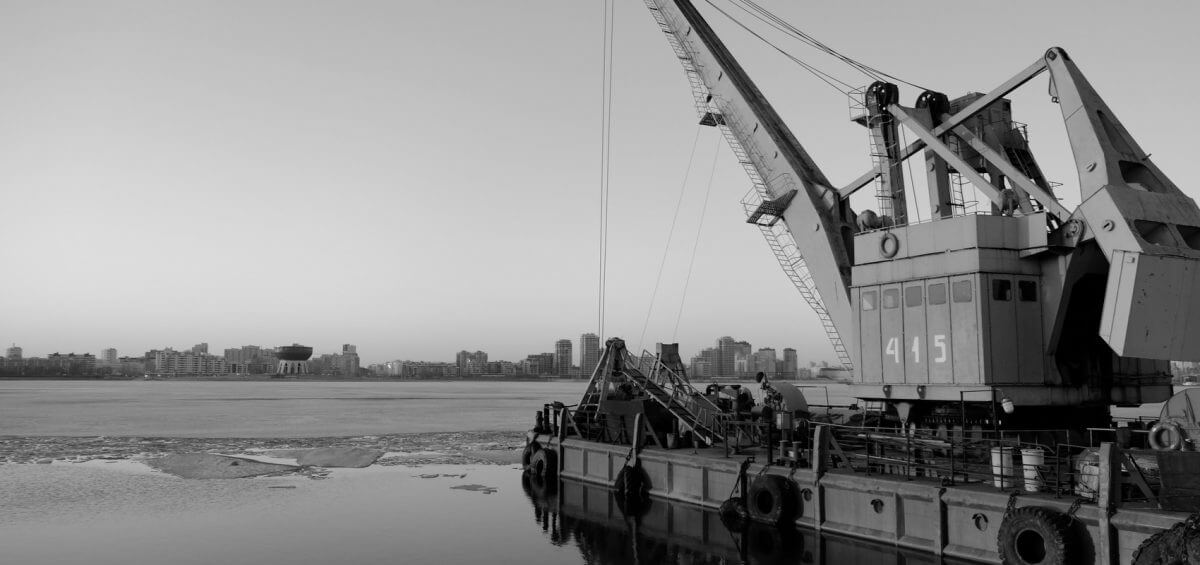Over the past few months, the Interstaff team have noticed the Department of Home Affairs are requiring businesses to provide more substantial levels of evidence for Subclass 400 Visas.
As you may know, the Subclass 400 visa enables businesses to engage highly skilled applicants with knowledge or experience that cannot be easily found in the Australian labour market. Depending on the industry, this can include highly technical skills such as equipment installations, maintenance and relief work. It provides a visa holder a 3 month stay in Australia, with a 6 month stay possible in limited cases. The Subclass 400 Visa option does not require employer sponsorship and most applications are processed in a few days or a week, compared to months for a Subclass 482 Visa. It has become a popular visa option for businesses requiring access to highly skilled employees for urgent requirements such as repair work.
Last September we informed that the program was being controversially discussed in the media with FairFax implying businesses were misusing the visa program. View our article here. While the Subclass 400 Visa program is a legitimate option for businesses, it has become the subject of Government scrutiny and satisfying the requirements have become more complex, therefore we advise businesses engaging workers under the program to seek professional advice and guidance.
Sheila Woods, Registered Migration Agent from Interstaff says, “Since last September, we’ve noticed that on a number of occasions the Department of Home Affairs has requested detailed evidence demonstrating the need for an overseas worker to substitute an Australian worker’s skills for various positions.”
Ms Woods explained, “We are finding that businesses and visa applicants need to provide more substantial levels of evidence for the 400 Visa, even for applicants who previously would have been processed by the Department as ‘low-risk’.
Ms Woods says, “In order to make valid applications for Subclass 400 Visas, you need to demonstrate that the applicant will be engaged for highly skilled temporary work and that employing them will not have an adverse outcome on the Australian market. We have had applicants who clearly satisfied the ‘highly skilled’ and ‘temporary work’ visa requirements, including some who had never been to Australia and had strong incentives to return to their home country, yet extensive evidence was required by the Department to show that the employer had unsuccessfully tried to hire locally for the work and had assessed the impact of employing from overseas on the community.”
Legislation governing Subclass 400 Visas provides the Department a relatively broad discretion to determine whether hiring the visa applicant will have adverse consequences locally. This means documentation typically used to support a Subclass 482 Visa application can often be required, such as a letter of support from recruitment agencies, industry bodies and unions, and a business case demonstrating the business’ commitment to employing and training local Australians. Unlike Subclass 482 Visas however, Subclass 400 Visa applications require businesses to provide supporting evidence within a 7 day response period, which can apply pressure on employers to prepare substantial levels of evidence to make a valid application within the time frame.
If your business has a need for Subclass 400 Visa applicants, we advise you to consult Interstaff’s registered migration agents who are experienced in managing complex and detailed Departmental enquiries. Simply contact +61 8 9221 3388 (or National Free Call 1800 449 858) or [email protected]







